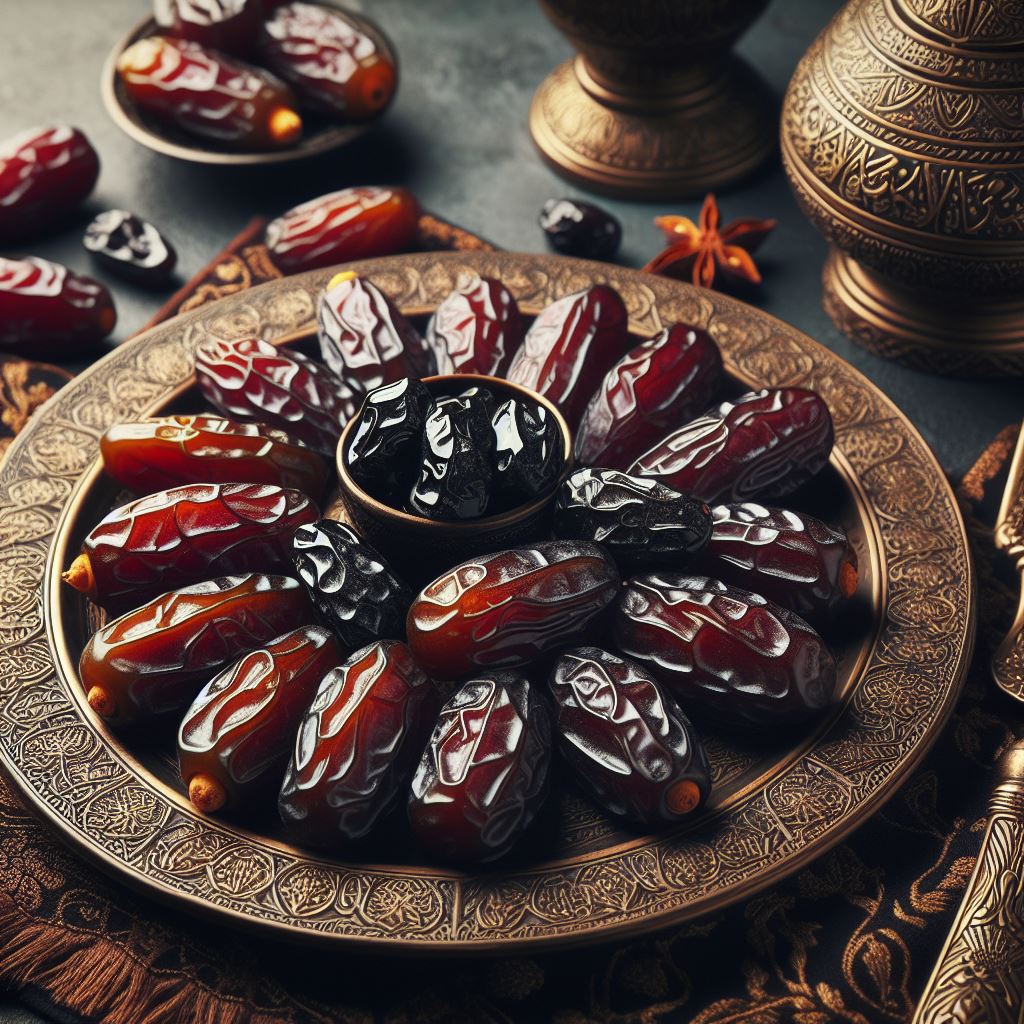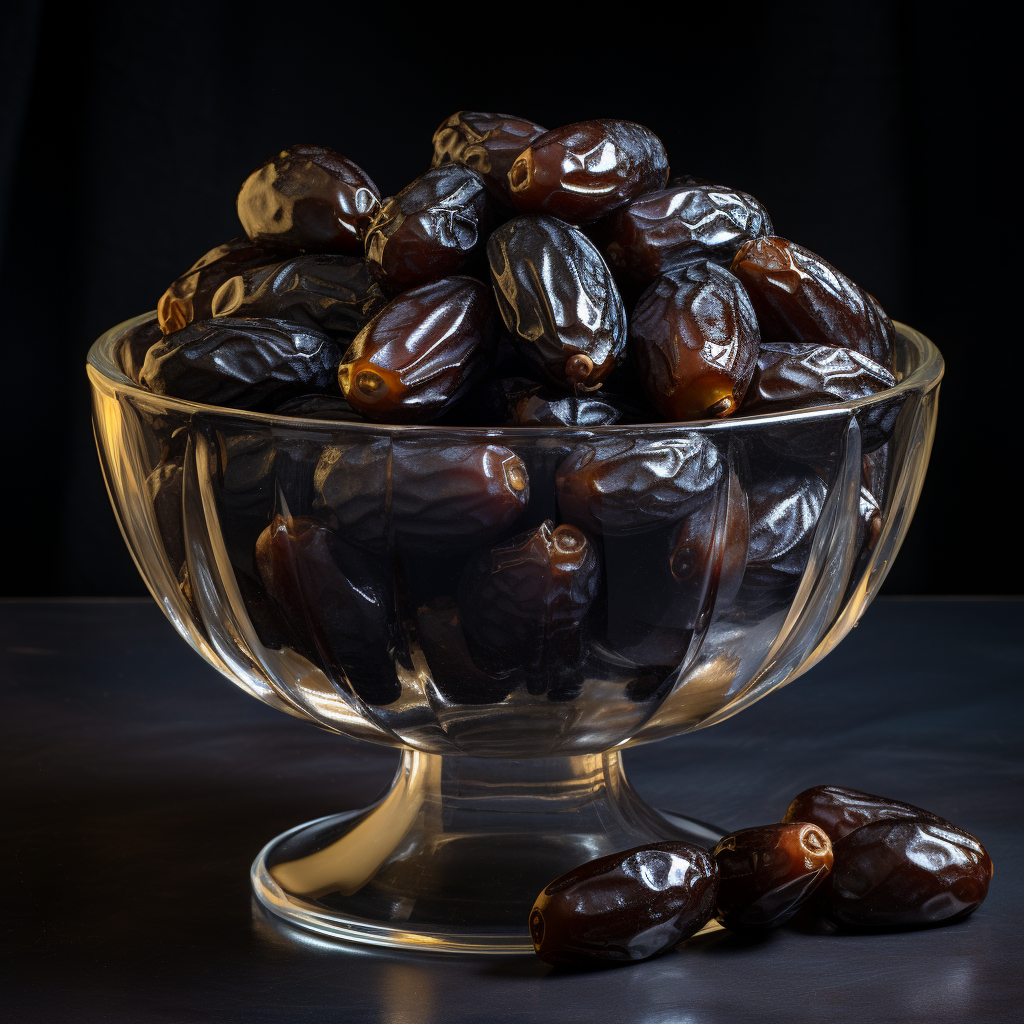As Ajwa dates journey from the sun-drenched orchards of Medina to the diverse culinary landscape of the UK, they bring with them a rich tapestry of cultural and historical significance. This blog post explores how Ajwa dates have found a unique place in the UK’s multicultural society.
The Journey of Ajwa Dates to the UK
Ajwa dates’ introduction to the UK is a story of cultural exchange and culinary exploration. Brought over by immigrants and travelers from the Middle East, these dates quickly found favor among various communities for their unique taste and health benefits. As the UK’s cultural diversity expanded, so did the popularity of Ajwa dates, moving from niche ethnic markets to mainstream supermarkets.
A Symbol of Cultural Diversity and Inclusion
In the melting pot of UK culture, Ajwa dates have become more than just a Middle Eastern delicacy. They are a symbol of the country’s rich cultural diversity, enjoyed by people of all backgrounds. During religious and cultural festivals, such as Ramadan and Eid, Ajwa dates are a common sight in homes across the UK, reflecting the nation’s inclusive and multicultural ethos.
Ajwa Dates and the UK’s Health-Conscious Trends
In recent years, the UK has seen a surge in health-conscious eating trends. Ajwa dates, with their natural sweetness and numerous health benefits, have become a popular alternative to processed sugars and unhealthy snacks. This shift has further integrated Ajwa dates into the UK’s dietary landscape, making them a staple in health food stores and fitness circles.


